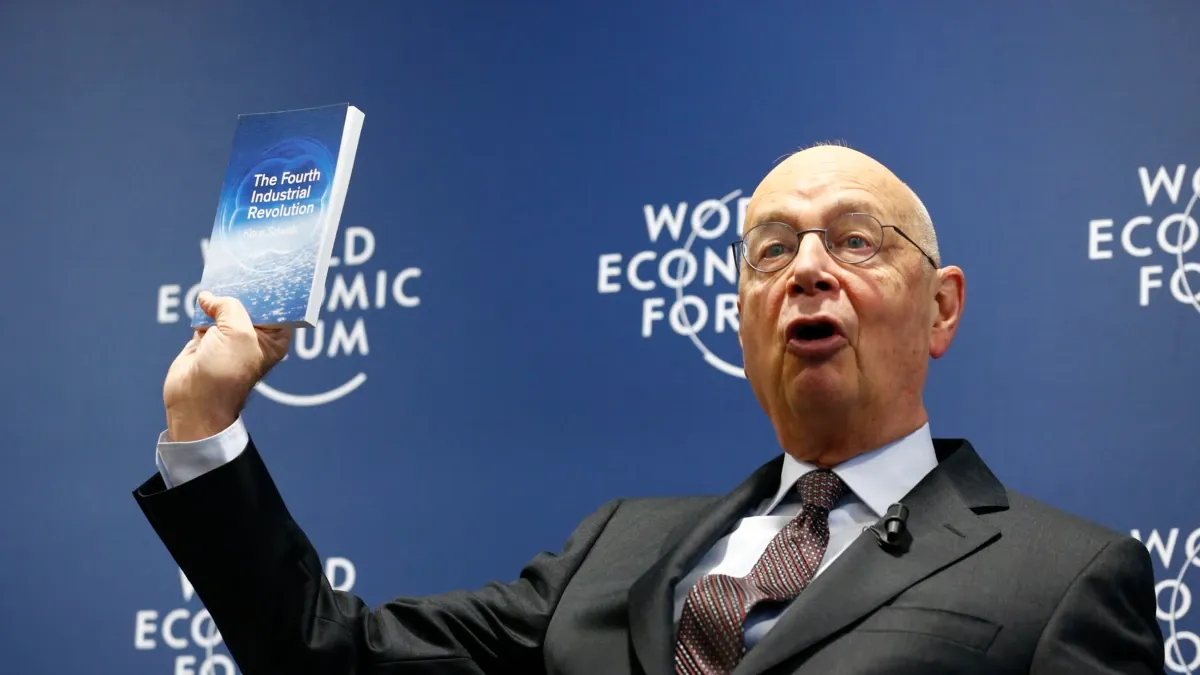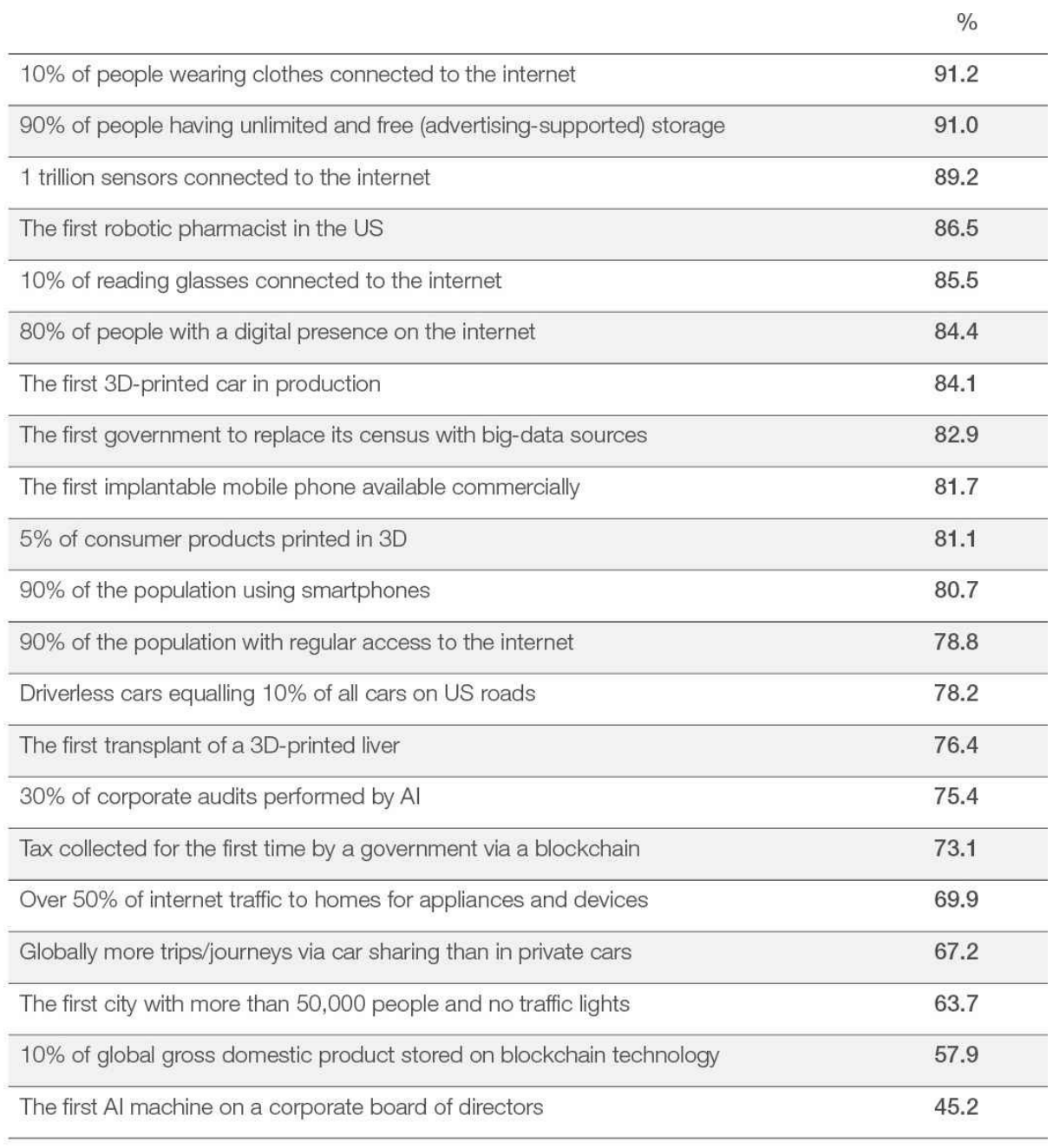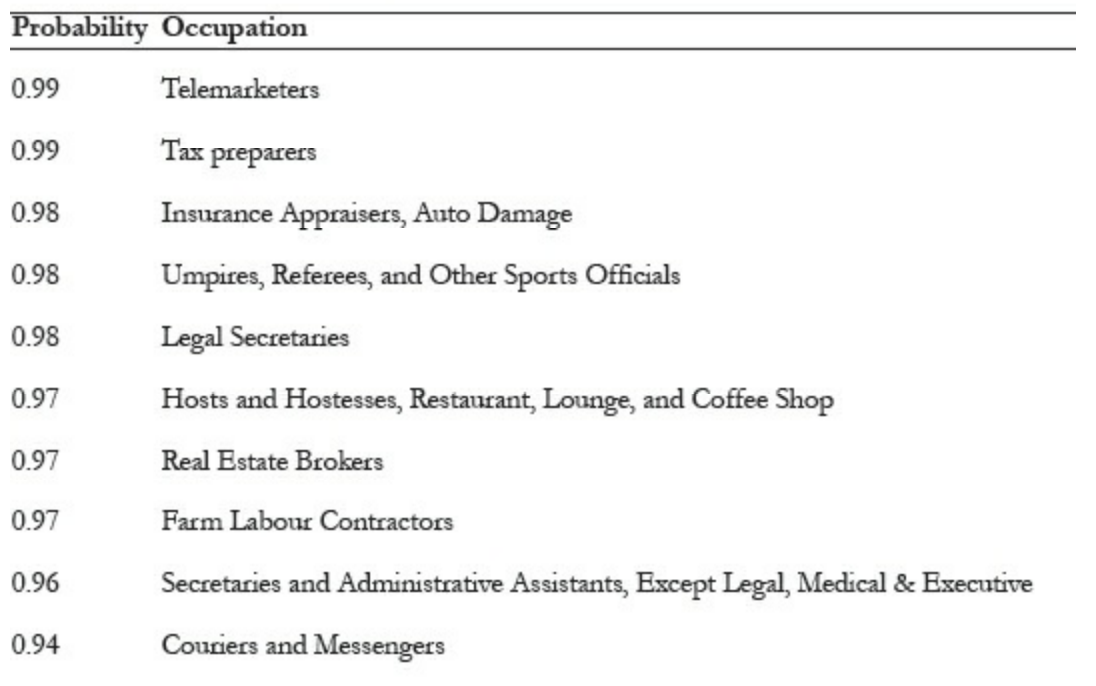"Fourth Industrial Revolution" by Klaus Schwab
Quite an interesting and saturated book, which properly describes the current state of things in the world. I liked the structure and the angles from which the author considers various data points, and then, based on them, makes assumptions about the future that awaits us.

🚀 The Book in 3 Sentences
- What the world will be like after a new technological revolution written by the Founder and Executive Chairman of World Economic Forum
- On the thin line between freedom and slavery
- What awaits us in a couple of years (since it was written in 2016, we can compare authors' predictions with modern-day events already)
🎨 Impressions
Quite an interesting and saturated book, which comprehensively describes the current state of things in the world and the changes, that are coming soon. I liked the structure and the angles from which the author considers various data points, and then, based on them, makes assumptions about the future that awaits us. But still, the book was written in 2016, and now we are at the end of 2022, certain ideas have already become a reality, so the spirit of innovation is not that strong, but still worth reading.
Here are some great tables, shared by the author:
Deep Shift – Technology Tipping Points and Societal Impact

Examples of professions most prone to automation

Who Should Read It?
Anyone who wants to get out of the heavy reading for self-digging-development, to look at the macro situation in the world, even in humanity. I think now is the best time to read this book, because Christmas and New Year holidays are coming up, let the mind rest a little bit and look at the broader picture.
☘️ What this book gave me
It helped me get a little distracted from my daily routine and reflect on the future prospects of my life, as the development of the whole society and our planet is presented here with some cool data-driven concepts.
✍️ My Top 3 Quotes
Doubt is unpleasant, but the state of certainty is absurd.
As a result, the main beneficiaries of the fourth industrial revolution are the providers of intellectual or physical capital - inventors, investors, and shareholders, which explains the growing wealth gap between those who live on the results of their own labor and those who own money. It also explains the frustration of many workers who are convinced that they will never be able to increase their actual income and that their children will not live better than they do.
The more we think about taking advantage of the enormous benefits of the technological revolution, the more we look into ourselves and the underlying social patterns that embody and create these technologies, and the greater our ability to shape this new revolution to make the world a better place.
It is a free book, so you can easily read and download it through this link: https://law.unimelb.edu.au/__data/assets/pdf_file/0005/3385454/Schwab-The_Fourth_Industrial_Revolution_Klaus_S.pdf
Thanks for going through this post, if you like to hear more from me, please subscribe to my newsletter (button at the bottom-right). I like reading content like this, which gives us perspective on what technology might bring to the table. If you have books or other materials worth checking out please share such stuff with me through:
Instagram: @genqa.me
Telegram: @only1genqa
LinkedIn - Link
or
Email me at: hey@genqa.me
Have a great rest of the day, guys!
